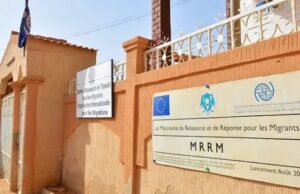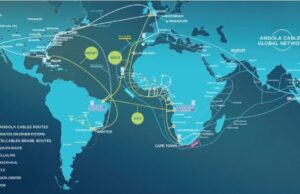
As trade war between China and the US is yet to settle and the BREXIT is a certainty, African Development Bank (AfDB) president has a word of caution for the African countries. Continuation of trade war would adversely affect the demand profiles of both the US and China, which are the top markets for most of the African countries, says Akinwumi Adesina, President, AfDB, adding that to overcome the possible challenges, countries in the region need to diversify export markets and add value to raw materials.
Expressing concern over the slowing down of the global economy, Akinwumi Adesina said that Africa’s economy is expected to grow at 3.4% this year. The growth is also estimated to be a shade higher than the current year in 2020 at 3.9% in 2020. This growth rate can be achieved only if the economy is insulated from the perilous effect of global slowdown.
Britain’s potential exit from the EU also will cast its shadows on the African economic growth, AfDB president pointed out since Africa’s trade with Europe, particularly with the UK also is quite substantial. Also, countries in the western Africa, even now has arrangement with Bank of France to keep a part of their foreign exchange reserves with it, that can be drawn to meet their import requirements. However, there are indications that the present arrangement may be derailed soon since the participating African countries do not find any benefit from the pact.
The way out for Africa, AfDB president pointed out was creating regional chains to add value to products exported from the African countries as raw materials. This would ring more foreign exchange and in the process multitudes of gainful employment.
Experts are of the opinion that though free trade among African countries was announced recently at Kigali, capital of Rwanda with much fanfare, nothing much has taken place on the ground. Most of the countries in the region are still have border disputes adversely affecting the flow of border trade. The recent blockade announced by Nigeria at the border it shares with Benin is a classic example. Despite the international pressure to open up the border since it had adversely affected the economy of Benin, Nigeria still has to take an affirmative decision.











